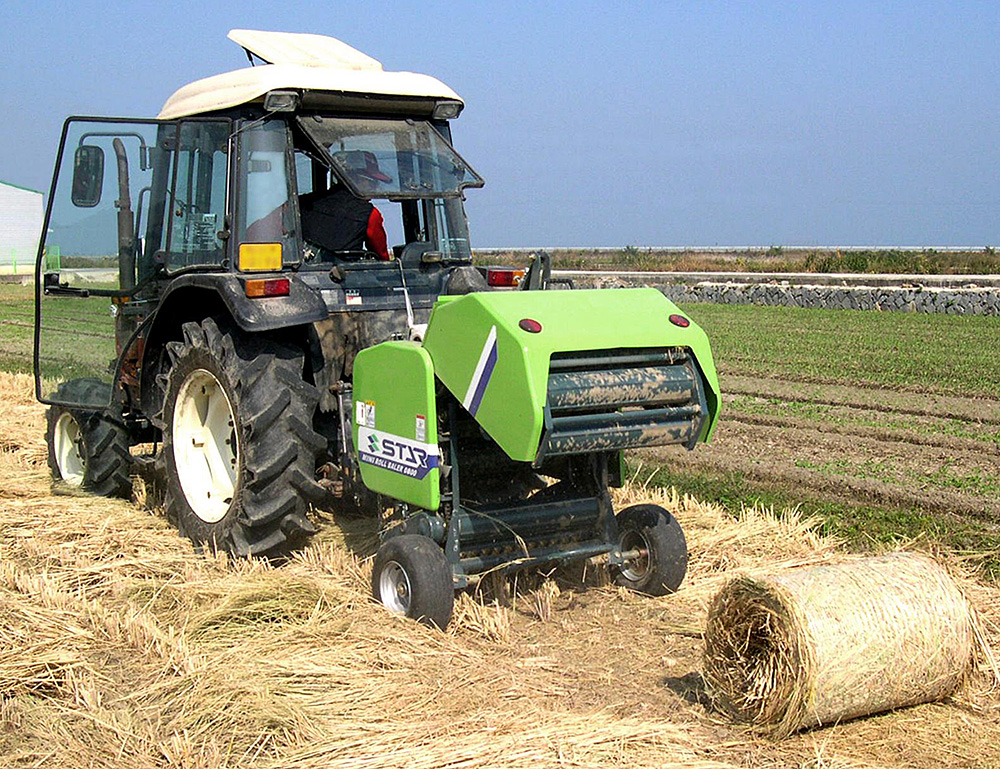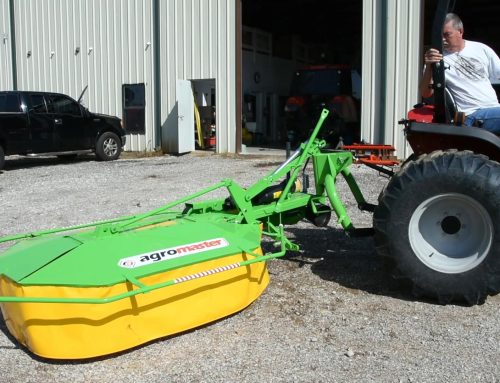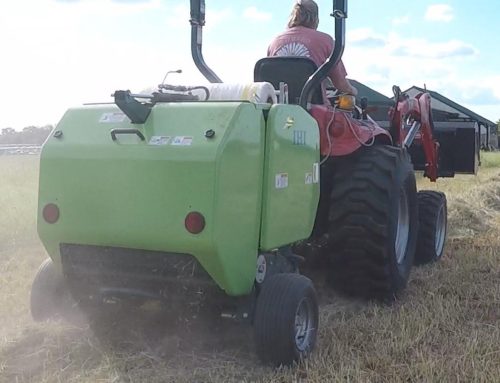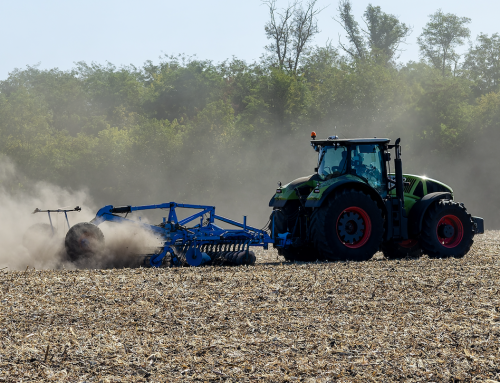In an era where agriculture faces unprecedented challenges, small farms are emerging as beacons of innovation, sustainability, and community resilience. By leveraging cutting-edge technology and fostering strong community ties, these agricultural pioneers are not just surviving – they’re thriving. Let’s explore how small farms are revolutionizing the agricultural landscape, enhancing both their sustainability and profitability.
The Tech Revolution in Small Farming
Precision Agriculture: Big Data for Small Farms
Precision agriculture, once the domain of large industrial farms, is now accessible to small farm operations. Tools like GPS-guided tractors, drone surveillance, and IoT sensors are helping small farmers make data-driven decisions.
Example: The Smith Family Farm in Iowa implemented a network of soil moisture sensors connected to an AI-driven irrigation system. This setup reduced their water usage by 30% while increasing crop yields by 15%, showcasing how even small operations can benefit from big data.
AI and Machine Learning: Smarter Farming
Artificial Intelligence and Machine Learning are transforming how small farms operate. From predicting optimal planting times to detecting plant diseases early, these technologies are giving small farmers a competitive edge.
Innovative Solution: FarmBot, an open-source, AI-powered farming robot, allows small farms to automate seeding, watering, and weeding with precision. This not only reduces labor costs but also minimizes resource waste.
Community Engagement: The Power of Local Networks
Community Supported Agriculture (CSA) 2.0
CSA programs have evolved, incorporating technology to strengthen the farmer-consumer relationship. Mobile apps and online platforms are making it easier for small farms to manage subscriptions, communicate with customers, and even offer customized produce boxes.
Success Story: Green Acres Farm in California developed a mobile app for their CSA program, allowing customers to select preferences, swap items, and even tour the farm virtually. This increased customer retention by 40% and boosted overall sales by 25%.
Collaborative Equipment Sharing
Small farms are forming cooperatives to share expensive equipment, leveraging technology to manage this process efficiently.
Innovative Practice: The Heartland Farm Cooperative in Nebraska uses a blockchain-based platform to manage equipment sharing among 50 small farms. This system has reduced equipment costs for each farm by an average of 60%, making advanced machinery accessible to all.
Enhancing Sustainability Through Innovation
Regenerative Agriculture Meets Tech
Small farms are at the forefront of combining regenerative agriculture practices with technological innovations to improve soil health and sequester carbon.
Example: Singing Frogs Farm in California uses no-till practices combined with IoT sensors to monitor soil health in real-time. This approach has increased their soil organic matter by 400% in just five years while tripling their revenue per acre.
Vertical Farming for Small Spaces
Vertical farming technologies are allowing small farms to maximize production in limited spaces, especially in urban and peri-urban areas.
Innovative Solution: City Sprouts, an urban farm in Chicago, implemented a modular vertical farming system that increased their production capacity by 200% without expanding their physical footprint.
The Broader Impact: Strengthening Local Economies and Food Systems
The innovations adopted by small farms are having a ripple effect on local economies and food systems:
- Job Creation: As small farms become more tech-savvy, they’re creating new types of agricultural jobs that attract younger generations to farming.
- Food Security: Increased efficiency and productivity of small farms enhance local food security, reducing dependence on long supply chains.
- Environmental Benefits: Sustainable practices powered by technology are helping small farms reduce their environmental footprint, contributing to climate change mitigation efforts.
Educational Opportunities: Many innovative small farms are becoming hubs for agricultural education, offering workshops and internships that benefit the entire community.
The Future is Bright for Tech-Savvy Small Farms
The convergence of technology, sustainability practices, and community engagement is transforming small farms into powerhouses of innovation. By embracing these changes, small farm owners are not just improving their operations – they’re reshaping the future of agriculture.
As we look ahead, it’s clear that the path to a sustainable and profitable future in farming lies in the smart adoption of technology, coupled with strong community ties. Small farms, with their agility and close connection to local communities, are perfectly positioned to lead this agricultural revolution.
For small farm owners looking to innovate, the message is clear: embrace technology, engage with your community, and don’t be afraid to experiment with new sustainable practices. The future of farming is here, and it’s happening on small farms across the country.







Leave A Comment